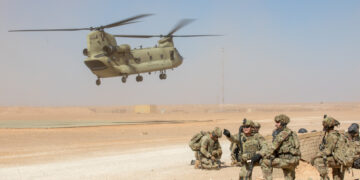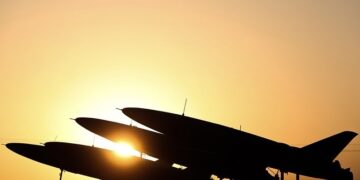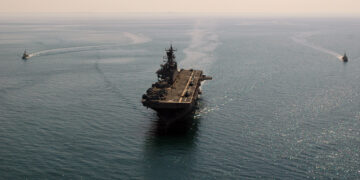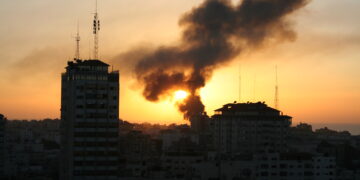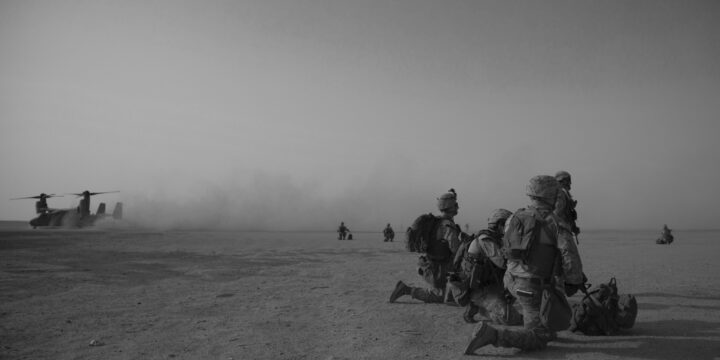November 15, 2023
The American position in the Middle East courts peril
By Geoff LaMear
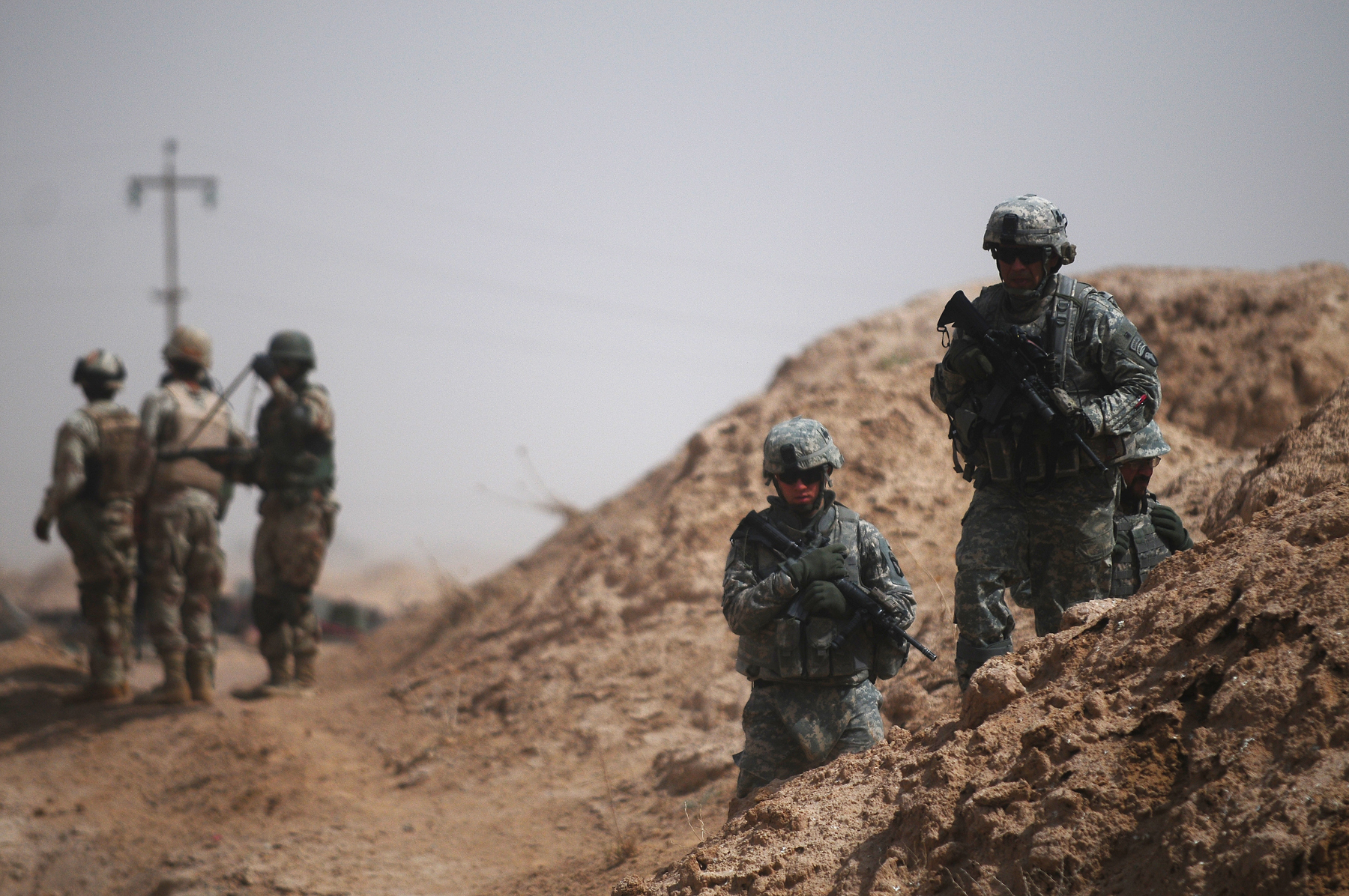
Amidst dozens of attacks on American troops in Iraq and Syria, the United States is risking the lives of American service members and increasing the likelihood of war with Iran. With Iran-backed militias not backing down, and scores of American troops already injured, a withdrawal is key to ensuring that the United States is not once again mired in a Middle Eastern conflict disconnected from vital American interests.
Before the first shots were fired by Hamas militants on October 7, the United States already had troops stationed throughout the Gulf, Iraq, and Syria. These troops were meant to deter Iran and its militias, but their very presence ironically provides Iran with a set of engageable targets if a regional conflict erupts, as a string of attacks in recent days have demonstrated. Troops in Iraq and Syria have protection from less sophisticated rocket and indirect fire attacks, but remain particularly vulnerable to ballistic missiles.
The addition of a THAAD air defence battery and accompanying Patriot battalions is meant to alleviate this threat. These systems target ballistic missiles rather than the rockets used by Hamas and Palestinian Islamic Jihad. This indicates that Washington is planning for a worst-case scenario of direct conflict with Iran, whose military power is predicated on its advanced ballistic missiles. While these air defences will help insulate some pockets of American troops from attack, the reality is that these troops are still at great risk from an escalation spiral with Iran.
Patriot and THAAD both have limits as to how many interceptions they can make, even under optimal conditions. Their coverage would also not be all-encompassing, and many troops and installations throughout the region would remain unprotected. Furthermore, a fully committed Iran would still be able to saturate these systems and inflict massive damage on U.S. forces. The question is then how to best protect American troops.
More on Middle East
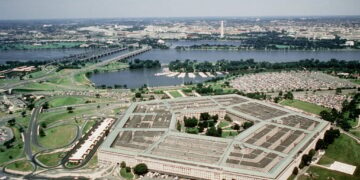
Featuring Jennifer Kavanagh
April 17, 2025

